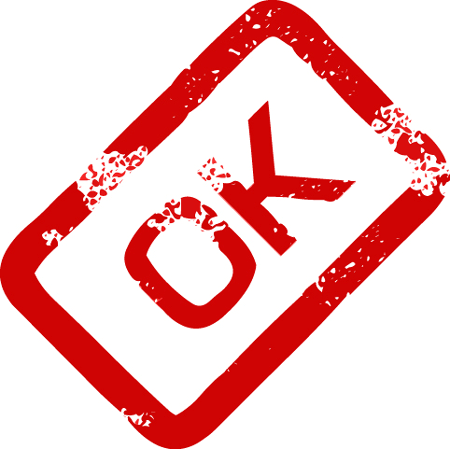OK \oh-kay\
OK is yet another word, born from slang, that is incredibly popular and widespread, yet where exactly it came from is up for debate. The generally accepted story is that it dates to 1839 and comes from the initial letters of
oll korrect ("all correct"). It's a remnant of a New England slang fad where deliberate, jocular misspellings of common phrases were abbreviated. Another example of this is
KG for "no go," spelled "know go." From there it was popularized by the
O.K. Club, a New York booster group for President Martin Van Buren's 1840 re-election bid in allusion to his nickname
Old Kinderhook. The initials stuck as a way to write approval on documents.
Some believe (including President Woodrow Wilson, who spelled it
okeh) that
OK comes from an alleged Choctaw word
oke, meaning "it is." Others have posited that it comes from French
au quai, Scottish English
och aye, or some word in Wolof brought over during slavery. All of these theories lack credible documentation to back them up.
Interested in how
OK spread throughout the US and the world? There's actually a
book* about it.
*I have no affiliation with this book, in fact I haven't even read it (yet). But I saw it on Amazon and wanted to share.

Recently, I received an e-mail asking me if I am "OKing." This was the first time I've seen someone using "OK" as a verb. Is this a new trend or am I missing something??
ReplyDeleteUsing "ok" as a verb is certainly no new trend. The Oxford English Dictionary lists it as early as 1882, which is only about 40 years after the birth of the word. In fact, the OED has listings for OK as a noun, interjection, adjective, adverb, and verb. The newest grammatical form seems to be the adverb, but it's from 1886, so not by much.
ReplyDelete